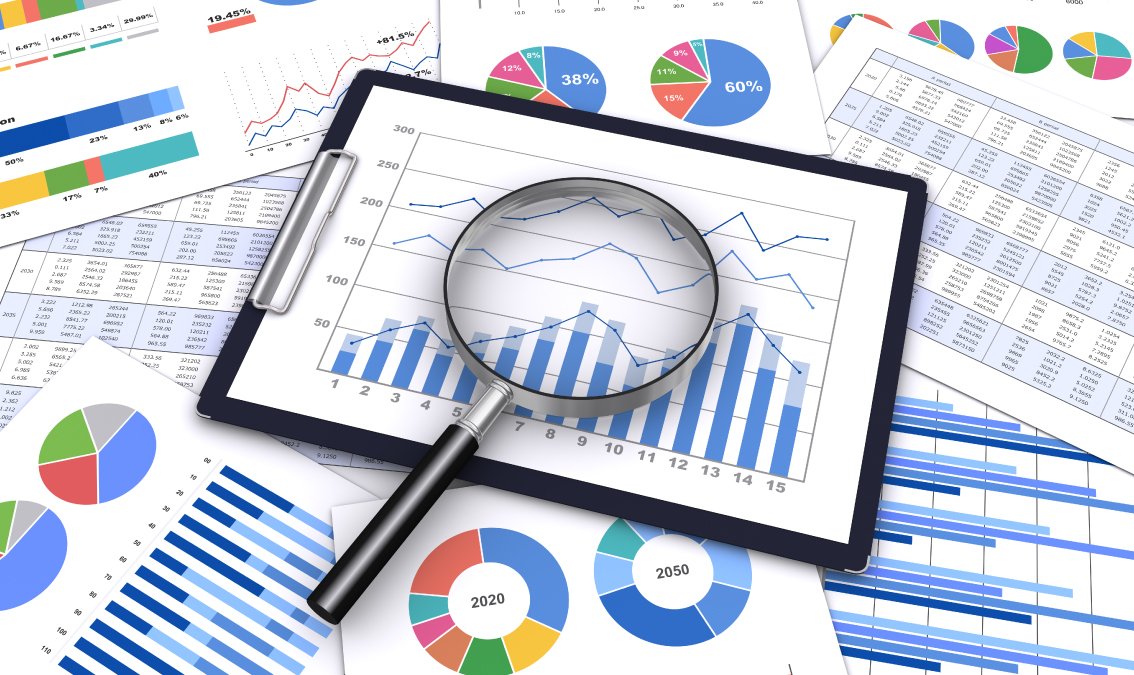The Future of Time Management: 7 Trends in Automated Time Tracking Software
In this modern age, where time is a precious resource, efficient time management is essential for both individuals and businesses. With the growing importance of productivity and accountability, manual methods of tracking time are becoming obsolete.
This is where automated time-tracking software steps in, revolutionizing the way we manage our time. In this post, we will explore seven emerging trends in automated time-tracking software that are shaping the future of time management.
1. Seamless Integration with Existing Tools
Automated time-tracking software is evolving beyond standalone applications. It can now seamlessly integrate with existing tools like project management platforms, collaboration software, and calendars. This integration not only streamlines the process of recording and logging hours but also provides a cohesive view of how time is spent across various tasks and projects.
2. Mobile Access for On-the-Go Time Tracking
Gone are the days when tracking your work hours was limited to being at your desk. Automated time-tracking software now offers mobile apps that allow users to track their productive hours even while on the move. Whether it's traveling between meetings or working remotely, employees can effortlessly record and manage their time with just a few taps on their smartphones.
![]()
3. AI-Based Timesheets for Increased Accuracy
One common concern with manual timesheets has always been inaccurate data entry due to human error or a lack of attention to detail. However, automated time-tracking software leverages AI technology to eliminate these issues by intelligently capturing work hours based on user behavior patterns or by analyzing documents, emails, calendar events, and other relevant sources. This high level of accuracy ensures reliable timesheets without any extra effort from users.
4. Real-Time Monitoring and Alerts
Automated time-tracking software goes beyond merely collecting data; it also provides real-time monitoring features that enable managers to keep track of employee activities as they happen. Managers can set up notifications or alerts to be instantly informed when an employee spends excessive amounts of unproductive or unauthorized time on non-work-related activities. Additionally, this real-time monitoring capability allows managers to swiftly address potential issues, promoting a proactive approach to productivity management.
5. Advanced Analytics and Reporting
The advent of automated time-tracking software has empowered organizations to perform in-depth analyses of productivity patterns, project budgets, employee performance, and overall resource management.

With advanced analytics and reporting features, decision-makers can access valuable insights that drive efficiency and inform strategies for better time allocation across the company. Moreover, these analytical tools enable organizations to identify trends, pinpoint bottlenecks, and optimize workflows based on data-driven assessments.
6. Flexible Task Management and Employee Scheduling
Automated time tracking software not only records time spent on specific tasks but also enables easy management of these tasks through integrated task management systems. When searching for the best time tracking software, businesses can streamline their operations and optimize productivity by choosing a solution tailored to their needs.
Users can assign tasks to themselves or their teams within the software, set reminders for deadlines, track progress, and ensure effective collaboration. Furthermore, many platforms include employee scheduling features that streamline assigning shifts, vacation planning, and managing leave requests. This integration eliminates the need for multiple tools while fostering a collaborative work environment. When evaluating options, businesses should also consider the costs for a team collaboration software to ensure it aligns with their budget and operational needs.
7. Enhanced Privacy and Data Security
In an era where personal data protection is at the forefront of concerns for individuals and businesses alike, automated time-tracking software aims to prioritize privacy and data security. Leading providers ensure adherence to strict protocols when it comes to data encryption during transmission and storage. Additionally, employees have control over which apps or tools can access their tracked activities or sensitive information, further solidifying user trust in automated time-tracking solutions.
Conclusion
Automation has revolutionized many aspects of our lives, and time management is no exception. Automated time-tracking software empowers both individuals and organizations with accurate data collection, improved productivity insights, seamless integrations with existing tools, and flexibility in task management and scheduling capabilities.
As the future unfolds before us at an increasingly rapid pace when it comes to workplace processes being streamlined further through automation, the future for efficient time management looks brighter than ever.to efficiently manage our most valuable resource: time itself.




